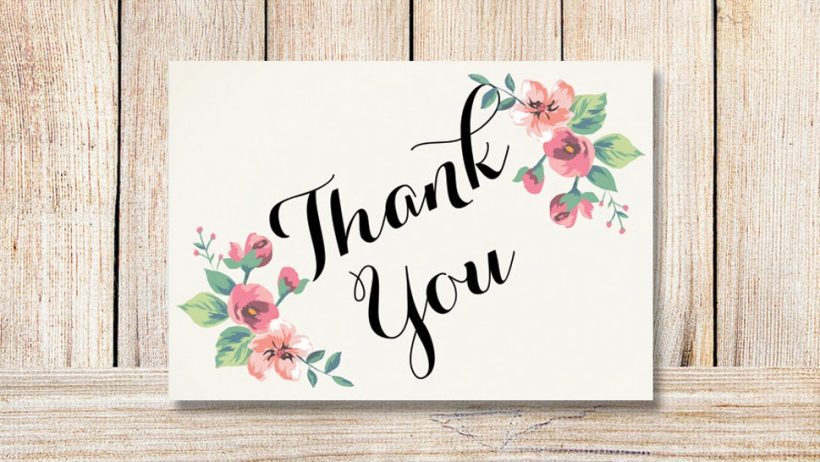
Sending a thank you email or note after a job interview can help you get chosen for a second interview or even a job offer. On the flip side, writing the wrong thing can make an employer think twice about moving forward.
Keep It Positive
The quality of your follow-up communication after an interview will impact an employer’s evaluation of your candidacy. Sending a thank you note matters, but it needs to be a good one not just a quick “thanks for the interview” email message.
It’s important to emphasize how well the job fits with your background, as well as your strong motivation to work in that position with that employer. Also, you will want to avoid saying anything that will raise any doubts about your attitude, motivation, or qualifications.
10 Things Not to Include in a Thank You Letter for an Interview
These tips on what not to include in your follow up letter can help you avoid sending the wrong message to employers.
- Don’t Include Only a Statement of Appreciation: Make sure you also affirm your strong interest in the job and briefly explain why the position is an excellent fit.
- Your Communications Are Samples of Your Writing Skills and Attention to Detail: Don’t forget to proofread carefully and correct any spelling or grammatical errors, and make sure you have the correct job title, address, and name. This is an opportunity to follow up with a strong positive impression, so don’t make even a small mistake.
- Do Not Mention Salary Range in Your Letter: Wait until an offer is made to negotiate salary since your leverage will be the greatest once the employer has decided that you are the preferred candidate.
- Don’t Make Any Excuses or Apologize for Anything That Went Wrong During the Interview: You are better off not drawing attention to these issues. Emphasize positive qualities that might counter any concerns that came up during your meeting. An exception would be if you think the interview was so bad that you’re out of contention.
- Don’t Mention Any Aspects of the Position That Cause You to Question the Suitability of the Job: Wait until an offer has been extended to gain further clarification about components of the role that concern you. Don’t give the employer any reasons to question whether you are a good match prior to finalizing their selection. An exception to this guideline may be when you know you don’t want the job, but you like the company. In that case, you might mention how impressed you were with the organization and ask if there might be another position that was more suitable.
- Don’t Include the Exact Same Language in Letters If You Are Sending Them Separately to Different Interviewers: Think of something each person shared which was helpful or stoked your interest. Another approach is to reaffirm assets that would help you to address priorities that the individual had mentioned. Interviewers will be impressed if you take the time to personalize your communications.
- Don’t Make Unsubstantiated or Exaggerated Statements Like “the Job Is a Perfect Match for My Background.”: Be sure to include a statement to support your comments. For example, you might say, “I am very excited about the possibility of landing the public relations associate job since it would enable me to apply my strong writing, event planning, and media relations skills.”
- Don’t Take an Overly Aggressive Approach by Mentioning You Will Call to Check on the Status of Your Candidacy: You certainly can make a follow-up call towards the end of the time window that the employer has indicated for their decision. You just don’t need to mention this in your letter.
- Don’t Include References Unless You Are Asked for Them: There is no need to include references with your follow up correspondence. When an employer wants a list of references, they will ask you for one.
- Don’t Include Any Questions About Reimbursements for Your Interviewing Expenses: Follow up communication should be sent as soon as possible after the interview. Your letter should be exclusively focused on your interest in the job and how well it fits. Any other information can distract from your message. Send a separate note later to deal with any reimbursement issues.

Experienced Recruiter with a demonstrated history of working in the media production industry. Strong human resources professional with a Bachelor’s degree focused in Psychology from Universitas Kristen Satya Wacana.